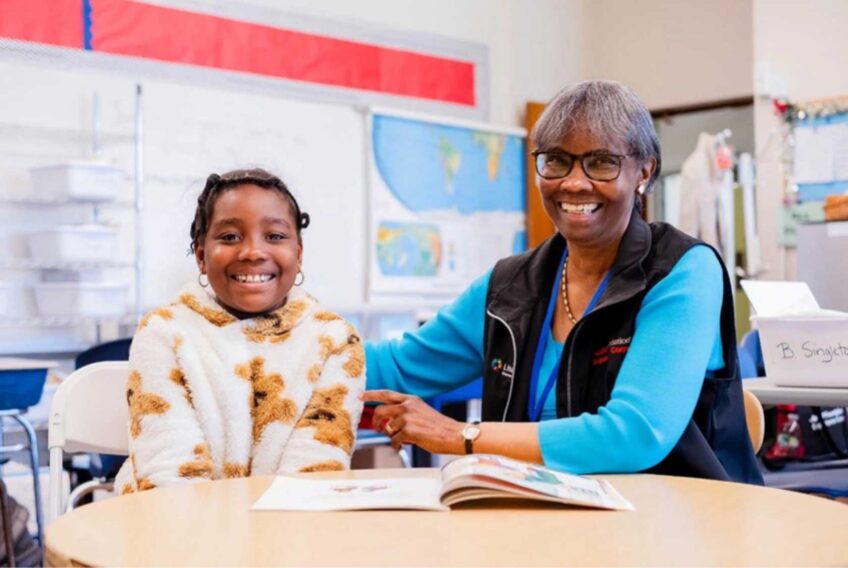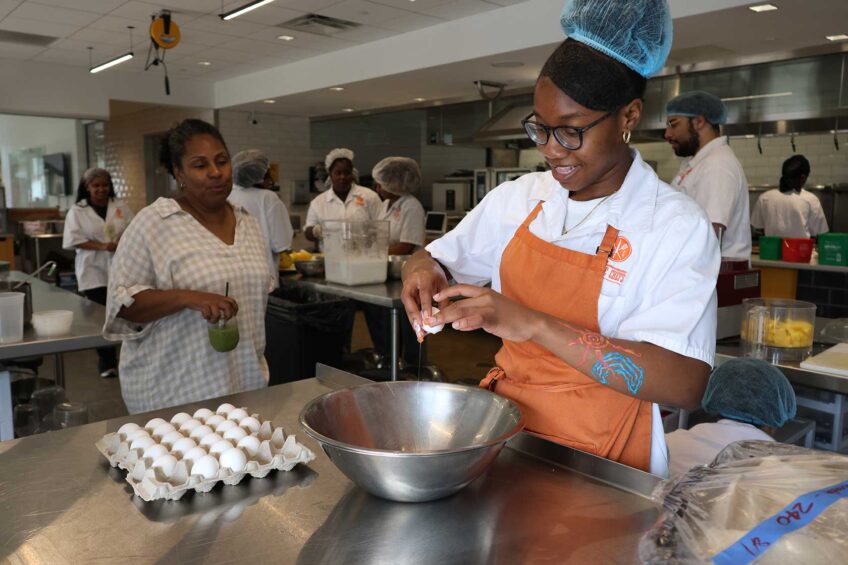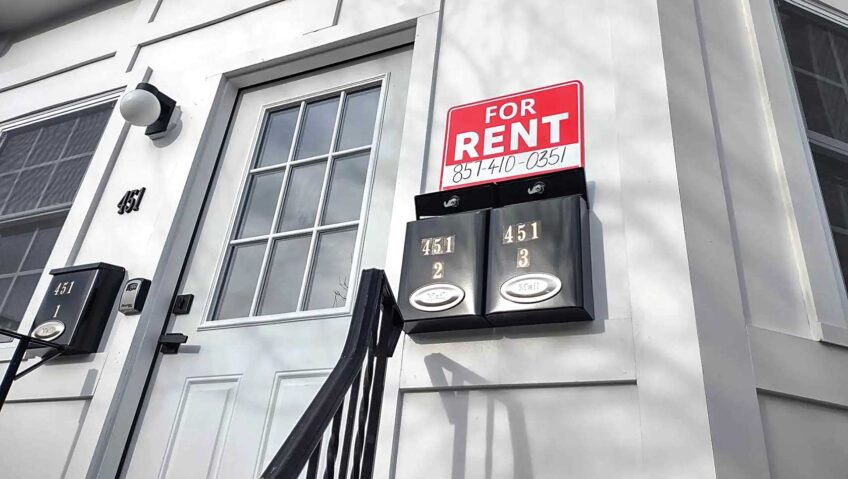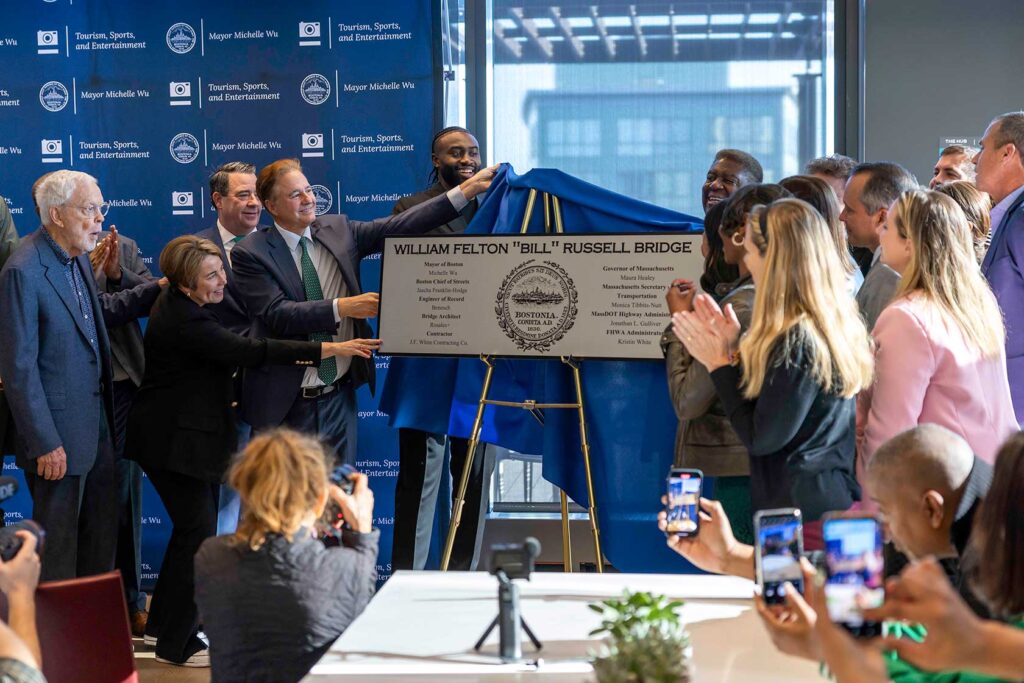
On Monday, Mayor Michelle Wu joined Jeannine Russell, Gov. Maura Healey, other state and local officials, and Celtics leadership and players to rename the North Washington Street Bridge the William Felton “Bill” Russell Bridge, in honor of NBA legend and civil rights activist Bill Russell.
Currently under construction, the Russell Bridge spans the Charles River and connects Charlestown to the West End and North End near TD Garden. Bridge construction, led by MassDOT, is expected to be completed in early 2025.
In summer of 2025, a plaque will be installed on the northbound side of the bridge, which is now partially open to drivers and pedestrians as the construction finishes.
Bill Russell was born on Feb. 12, 1934, in segregated West Monroe, Louisiana, and spent his early childhood there. At age 9, he moved to Oakland, California. There, his parents, Charles and Katie Russell, made a living working in the shipyards. His mother passed away when he was 12 years old.
A gifted athlete, Russell attended the University of San Francisco, where he was a world-class high jumper and basketball talent. He led the USF Dons to back-to-back NCAA basketball championships in 1955 and 1956. His roommate at the time was his future Celtics teammate, K.C. Jones.
Russell led the U.S. men’s basketball team to Olympic Gold in 1956, defeating the Soviet Union. In December of that year, he came to Boston with his then-fiancé, Rose. They married and bought a home in Reading, Massachusetts, where they resided throughout Bill’s Celtics career. They later divorced.
Russell played center for the Boston Celtics from 1956 to 1969, during which time the team won 11 NBA Championships. He was an essential part of that late 1950s and ’60s Celtics dynasty, both as a player and coach — the first Black coach of a professional basketball team. Having won more championships than any other NBA player, he is considered one of the greatest basketball players of all time. His number was retired in 1972.
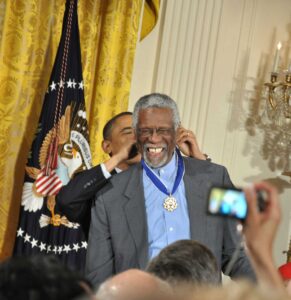
Barack Obama presents Bill Russell with the 2010 Medal of Freedom in the East Room of the White House on Feb. 15, 2011. PHOTO: MEDILL DC
In 2011, President Barack Obama awarded Russell the Presidential Medal of Freedom, and in 2013, his bronze statue was unveiled on Boston’s City Hall Plaza.
Russell was not reluctant to voice his opinion. He took firm stands against segregation, racial inequality and racial injustice.
“Bill Russell was a champion not only on the basketball court, but in his daily life, fighting for equality and serving as a role model for future athletes and activists,” said Wu at the Oct. 21 ceremony.
“It’s fitting that a man known for his vision and determination to create bridges to our future will now always be commemorated on the gateway into downtown Boston,” she said. “I’m grateful to Mrs. Jeannine Russell, who worked with us to find the right way to memorialize his legacy, and all who helped create this tribute to a beloved Boston figure.”
“This bridge, like Bill, stands strong and enduring,” said Jeannine Russell, his widow. “It connects people with purpose, just as he connected the struggles of the past with the hopes of the future.”
Healey said, “Bill Russell was a giant. On the court, he was an unmatched defender, facilitator and leader. The intensity and passion he brought to the game made him a natural leader off the court as well, making powerful contributions to the Civil Rights Movement and inspiring millions, even today.”
“It is so meaningful to stand with the Russell family to rename this bridge in his honor, and I’m grateful to Mayor Wu for making this happen,” Healey added. “I hope that everyone who travels across this bridge will take a moment to think about the man that made such a positive impact in Massachusetts and beyond.”
Steve Pagliuca, Celtics co-owner and president of the Boston Celtics Shamrock Foundation, said, “Bill Russell was a legend both on and off the court. Through his groundbreaking activism for racial justice, he paved the way for future athletes to use their platform to demand equal rights and take a stand on issues outside of the arena. Russell’s legacy transcends basketball, and we are honored today to celebrate the renaming of the North Washington Street Bridge the ‘William Felton Bill Russell Bridge.’”
“Bill Russell made a significant impact on and off the court,” said state Highway Administrator Jonathan Gulliver. “I am thrilled that the city of Boston and MassDOT found a unique way to forever honor his legacy. I am confident that the public will be pleased with the new bridge.”




